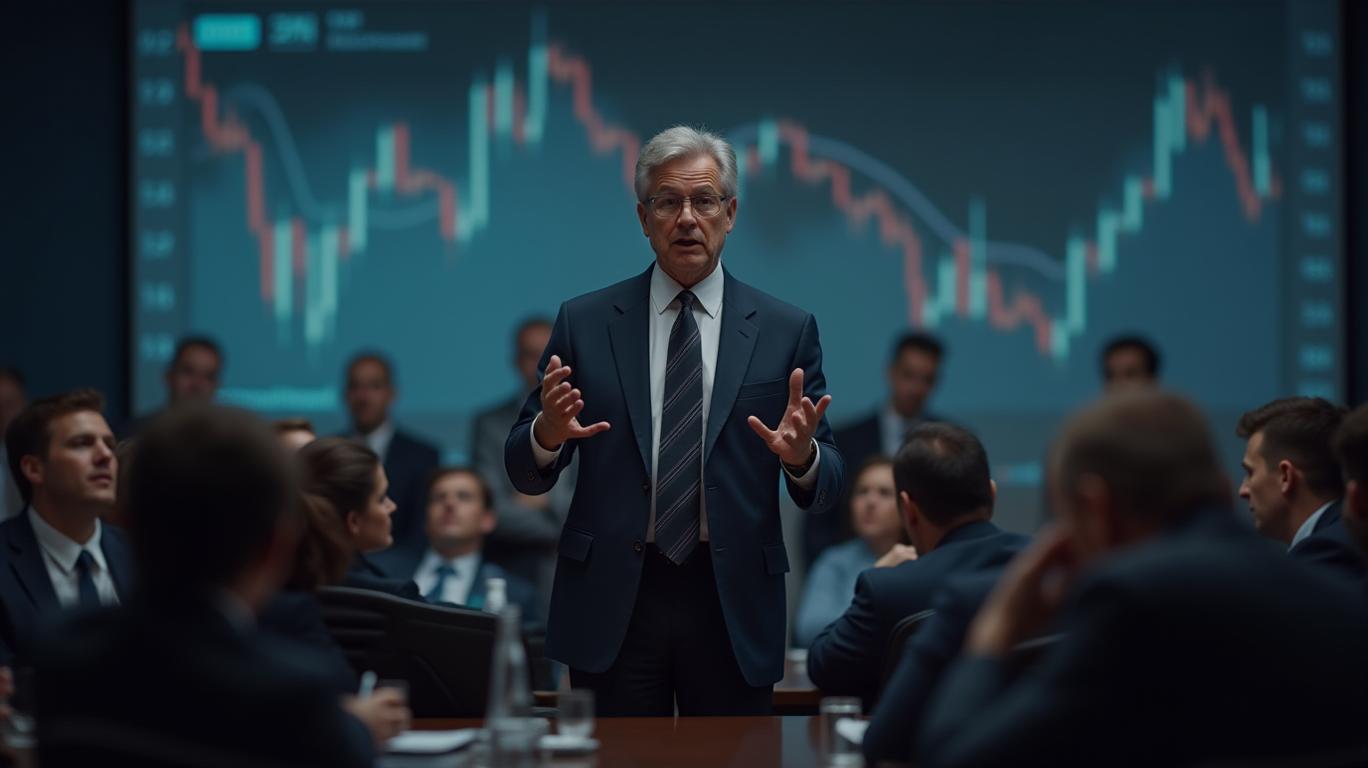China May Devalue Currency, Sell U.S. Debt Amid Tensions
Anthony Scaramucci, the former White House Communications Director, has issued a stark warning about potential retaliatory measures from China in response to escalating tensions with the United States. Scaramucci anticipates that China may engage in a currency war, intensify intellectual property theft, and initiate a sell-off of U.S. Treasury securities as part of a broader strategy to counter U.S. economic and political pressures.
Scaramucci's predictions come at a time when relations between the two superpowers are already strained. The U.S. has imposed tariffs on Chinese goods, accusing China of unfair trade practices and intellectual property theft. In response, China has retaliated with its own tariffs and has been accused of devaluing its currency to gain a competitive edge in trade.
A currency war, as predicted by Scaramucci, would involve China devaluing its currency to make its exports cheaper and more competitive in the global market. This could lead to a devaluation of other currencies as countries compete to make their exports more attractive. The result could be a global economic slowdown, as the value of currencies fluctuates and trade becomes more unpredictable.
Intellectual property theft is another area where Scaramucci believes China may escalate its actions. China has long been accused of stealing intellectual property from U.S. companies, and Scaramucci predicts that this practice could intensify as tensions rise. This could have serious implications for U.S. companies operating in China, as well as for the global economy, as innovation and competition are stifled.
Finally, Scaramucci predicts that China may initiate a sell-off of U.S. Treasury securities. This would involve China selling off its holdings of U.S. government debt, which could lead to a rise in U.S. interest rates and a weakening of the U.S. dollar. This could have serious implications for the U.S. economy, as well as for global financial markets.
Scaramucci's predictions are based on his extensive experience in finance and politics, and his insights are likely to be taken seriously by policymakers and investors alike. However, it is important to note that these are predictions, and the actual course of events may differ. The situation is complex and dynamic, and any number of factors could influence the outcome. Nevertheless, Scaramucci's warnings serve as a reminder of the potential risks and challenges that lie ahead in U.S.-China relations.

Quickly understand the history and background of various well-known coins
Latest Articles
Stay ahead of the market.
Get curated U.S. market news, insights and key dates delivered to your inbox.



Comments
No comments yet